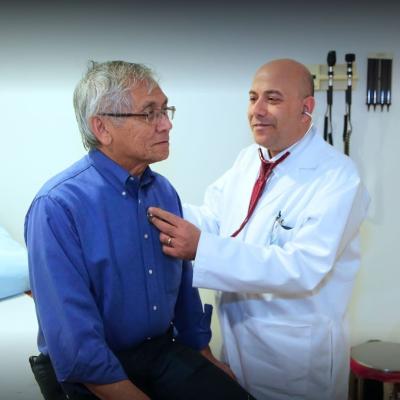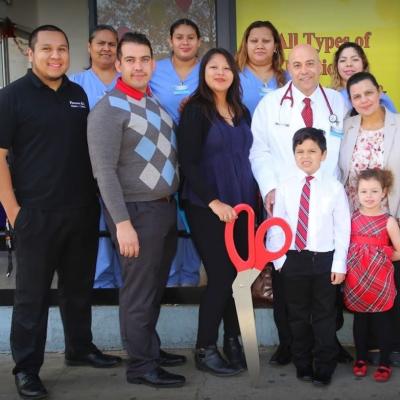Nausea and vomiting are signs of many different things, like early pregnancy, concussions, and the stomach flu. Whether you're a child or an adult, this is true. There are many ways to get rid of nausea. Drinking ice-cold drinks and eating light, bland foods can help you feel better.
Is there a medical term for this?
"Stomach flu," "food poisoning," "motion sickness," "blockage in the intestine," "illness," "concussion or brain injury," "appendicitis," and "migraine" are not diseases. They are symptoms of many different things that can happen to people. Nausea and vomiting can sometimes be signs of more serious illnesses, like heart attacks, kidney or liver problems, central nervous system disorders, brain tumors, and some types of cancer, but they are not always the only signs.
Is there a difference between being sick and vomiting?
As someone who has nausea, they feel a little uneasy in their stomach. It usually comes with the urge to vomit, but it doesn't always lead to vomiting. There are three types of vomiting: vomiting is when the stomach contents are forced, voluntary, or unintentionally thrown up through the mouth. Some of the things that might make someone throw up are infections, injuries, and food allergies. The inner ear (dizziness and motion sickness), the brain, and the stomach and intestines can all be triggers for vomiting (head injury, brain infections, tumors, and migraine headaches).
The person who is more likely to get sick and vomit
It is possible for people of all ages to get nausea and vomiting. People who are getting cancer treatment, like radiation therapy or chemotherapy, are more likely to get nausea and vomiting than people who aren't getting cancer treatment. Pregnant women who are in their first trimester may also get nausea and vomiting, which is called "morning sickness." It is thought that 50 to 90% of pregnant women have nausea, and 25 to 55% have vomiting.
Nausea and vomiting are caused by what?
Nausea and vomiting are caused by the same things. Many things can make you feel sick. Some of the most common ones:
There was a lot of seasickness and other motion sickness.
When you're in your first trimester:
Pain that is very bad.
Exposure to chemical toxins can lead to sickness or even death.
Feelings of stress (fear)
People who have gallbladder problems are sick.
Some foods make you ill:
Indigestion:
It's not the same virus for each person.
Certain smells or odors make people feel bad.
The reasons why people vomit change as they get older. For adults, vomiting is usually caused by a virus or food poisoning, but it can also be caused by motion sickness and illnesses where the person has a high fever. If your child has a viral infection, they are more likely to vomit. This can happen because they are overeating or under-eating. Vomiting can also happen when your child has a high fever. Vomiting can happen even if blocked intestines are very rare. Most often, it happens when a baby is very young.
Nausea and vomiting: What can be done to stop or lessen them?
There are a lot of ways to control or stop nausea. However, if these methods don't help you feel better, you should talk to your doctor about it.
When you are trying to stop your nausea, you have to be careful.
Clear or ice-cold drinks are good.
Eat light and bland foods (such as saltine crackers or plain bread).
Avoid foods that are fried, greasy, or sweet.
Slow down when you eat and eat smaller, more often.
Do not mix hot and cold foods together.
Slowly eat or drink your food.
Avoid doing anything after you eat.
Brush your teeth after you eat.
Choose foods from all the food groups as long as you can eat them. This way, you'll get enough nutrition.
Treatment for vomiting, no matter how old you are or what caused it, includes:
Drinking more and more clear liquids over time
Avoid solid food until the vomiting episode is over, and then eat a small meal.
Sleeping
Temporarily stopping all oral medications, which can irritate the stomach and make vomiting worse, is what you should do.
There should be an oral rehydrating solution used if vomiting and diarrhea last for more than 24 hours. This will help keep the body hydrated and treat dehydration.
A different type of drug therapy can often be used to help people who vomit because of surgery, radiation therapy, anticancer drugs, alcohol, or morphine, among other things. There are also prescription and over-the-counter drugs that can be used to stop vomiting caused by pregnancy, motion sickness, and vertigo. However, you should talk to your doctor before you use these treatments.










 And then Add to Home Screen.
And then Add to Home Screen.